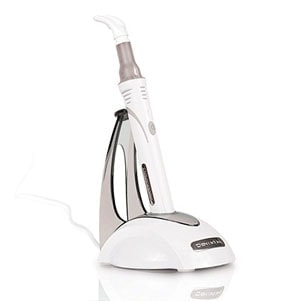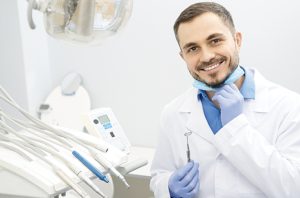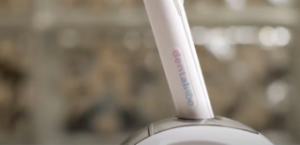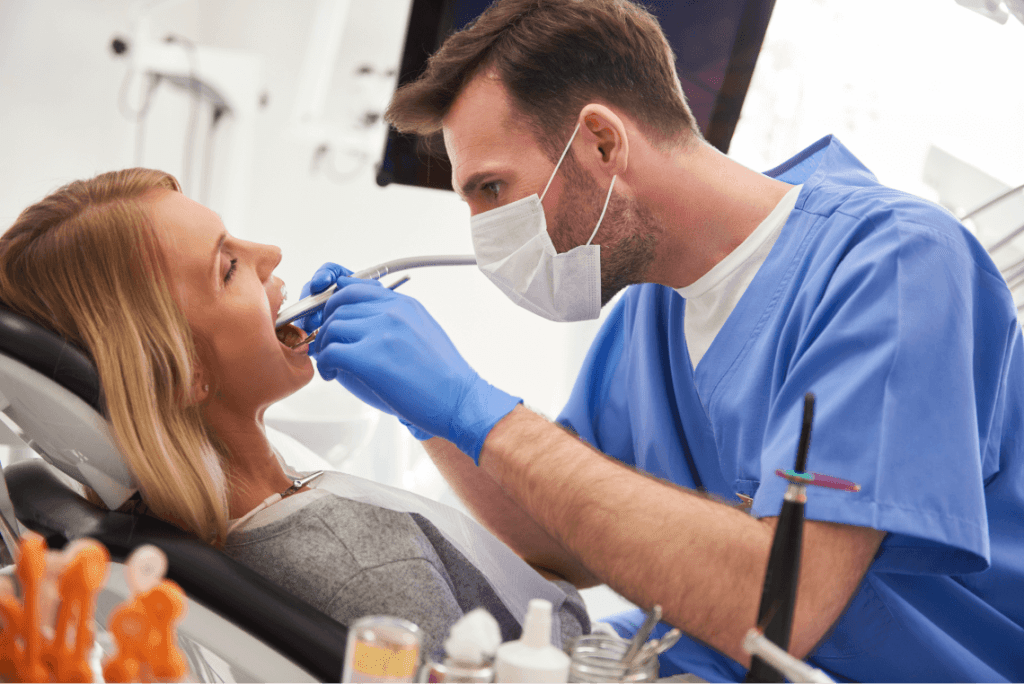An overview of oral surgery and a description of several common kinds of oral surgery.
Oral surgery is any kind of surgical procedure for your mouth. There are many different oral surgical procedures. Some of them, such as root canals and tooth removals, are rather common. There are also more specialized surgeries to repair tooth or jaw damage and put in implants. Oral surgery is needed to remove certain tumors. Some kinds of cosmetic surgery require oral surgery, such as surgery to correct misaligned jaws and cleft palates. Learn more about oral surgery to learn what it can do for you.
Some basic types of oral surgery, such as tooth extractions, can be handled by general dentists without special surgical training, but some require the expertise of trained oral surgeons. To become an oral surgeon requires a four year graduate dentistry degree and a four year residency program for oral and maxillofacial surgery, including specialized training for administering anesthesia and pain management. Additionally, some doctors specialize in various types of oral surgery.
It is not usually possible for you to decide for yourself if you need oral surgery. If one of your teeth is causing you pain, or if you lost a tooth, or even if you have persistent pain on your face around your mouth, go to see your dentist first. They will be able to tell you if you need the assistance of an oral surgeon, and will probably make a referral for you. If you have any medical conditions, such as diabetes, high blood pressure, or a compromised immune system, you should be sure to let your dentist and the surgeon know, so they can tell you if there are any extra precautions you need to take. You should also always tell your dentist, and your surgeon, what medications you are taking.
If you need to go in for oral surgery, you may want to make certain preparations. First of all, it is important to follow your dentist’s instructions, which will usually be to avoid eating or drinking anything for eight hours or so before the surgery. You should also ask what kind of anesthetic you will be given. Some anesthetics impair your ability to drive and they can take hours to fully wear off. If there is any concern about your ability to drive, arrange for some other form of transportation back home.
You might feel worn out and require a day or two of recovery, so before your surgery, you might want to make sure you have enough food and other supplies for a couple of days. The food should be soft and easy to chew. Avoid chips or other snacks that easily crumble into jagged pieces that could irritate your surgical wounds. You might also want to set your bed up with a lot of pillows, so that you can sleep on an incline the night you come home. Recovery from oral surgery can take some time, especially if you had a general anesthetic. You may not be up to your normal activities. Be patient, and don’t try to push yourself before you are ready. Contact your dentist if you have any questions, or if you feel there is some cause for concern. It is better to go in for an unnecessary dentist visit than to suffer from an oral infection you could have prevented.
The surgery will require the use of either a local or a general anesthetic. Local anesthetics are applied directly to the area being work on, either in the form of a gel or an injection. They are used for simple dental procedures. They just numb the area being worked on and you remain fully awake and alert the entire time. They wear of pretty quickly after the procedure. Complex procedures often require some level of sedation with a general anesthetic. General anesthetics are administered either as a gas or an injection. Contrary to popular belief, sedation does not always require you to be fully unconscious. Moderate levels of sedation can leave you fully conscious and able to follow instructions, but at the same time relaxed and free from pain.
Anxiety over dental work in general and oral surgery in particular is fairly common. It can be a major problem because it can cause people to put off getting needed work done until the problem becomes worse, and more difficult to fix. Sedation can be helpful for people who have anxiety about oral surgery, because it causes relaxation and calm. If you are feeling anxiety over the prospect of oral surgery, talk to your dentist about sedation options that could help you manage your anxiety well enough for the procedure.
The cost of oral surgery can vary. It will depend on the type of procedure you need, which teeth need treatment, your geographic location, the need for additional procedures such as x-rays, and the need for specially manufactured equipment such as crowns and implants. Your dental insurance may cover some or all of the cost. You may want to contact your insurance provider to ask before scheduling the surgery to avoid receiving any surprising bills.
If you suffer from tooth or jaw pain, or from a medical condition like a misaligned jaw or cleft palate, make an appointment to talk to your dentist. They will be able to tell you if you need oral surgery.
















